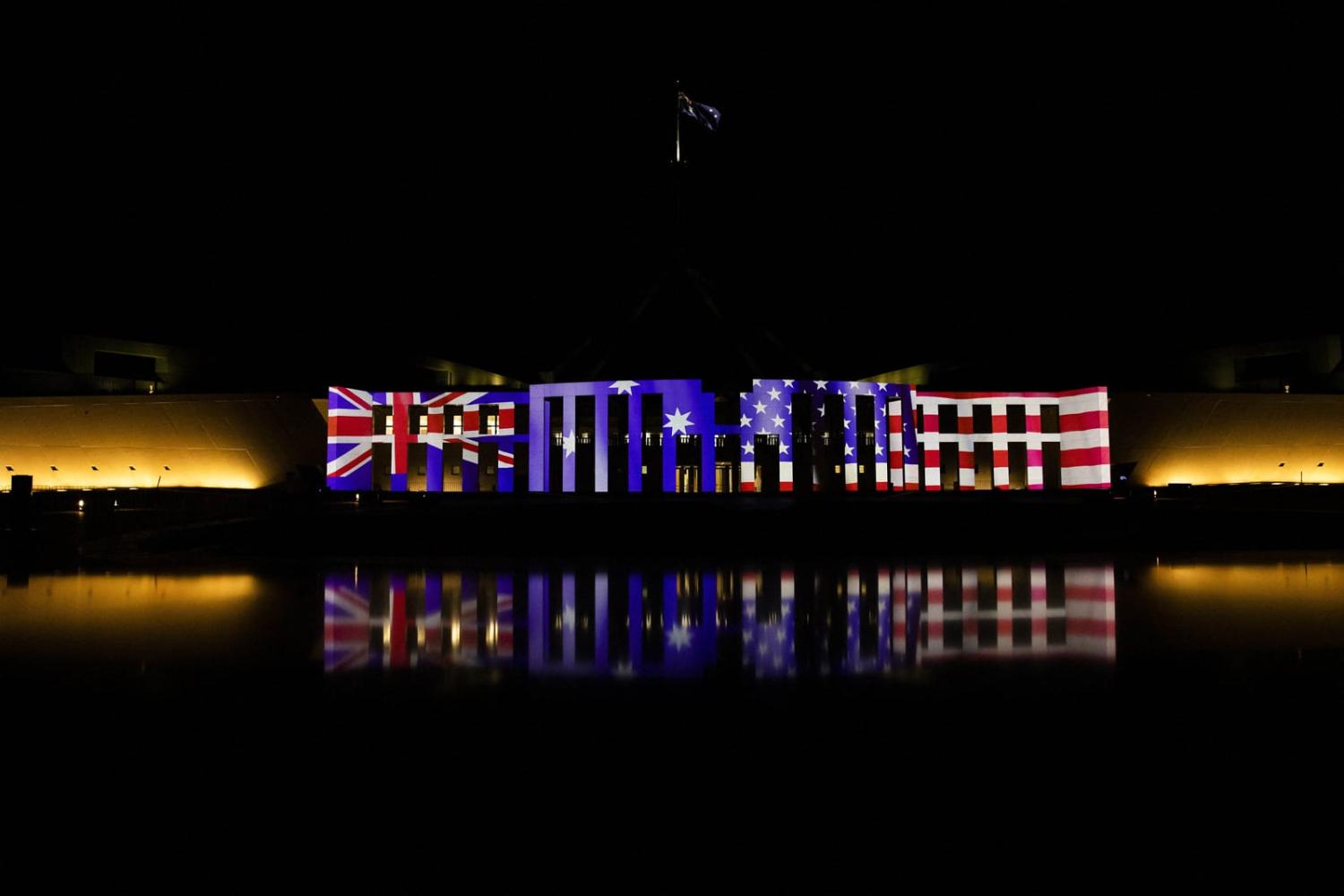Senator Don Farrell admitted overnight that he got himself into a “bit of trouble”. The Trade Minister, unaccustomed to leading the government’s international talking points in the absence of his more high-profile colleague Foreign Minister Penny Wong, stumbled in parliament yesterday into the sin of ranking friends and allies.
“Minister snubs US” read the front-page headline in today’s The Australian after Farrell mused that it was New Zealand, not the United States, that counts as Australia’s “closest international ally”. The Senate Hansard records the exchange:
Senator FARRELL: I take issue with your first statement. I'm not sure that the United States is our most trusted ally. I would have said New Zealand, in the whole history of time—I would have said our closest international ally is New Zealand.
Opposition senators interjecting—
The PRESIDENT: Order! Minister Farrell, please resume your seat. I'm going to wait for order before calling the minister again. Minister Farrell.
Senator FARRELL: We are very close to the United States—I freely concede that—and we'll continue to work closely with the United States on a range of international issues.
Commentators are quoted in a parade in today’s media with warnings about the misguided notion of putting distance between Australia and America. One went so far as to link Farrell’s comments to a bid to make nice with China, given the impending visit of its foreign minister, Wang Yi. The opposition doubled down, saying trust was at the core of the AUKUS partnership for nuclear-powered subs.
A flub, more than a snub, I’d have thought. Farrell stumbled while playing for time in a parliamentary debate, seeking to deflect a line of opposition questioning about Australia restoring funding for the United Nations Relief and Works Agency in Gaza ahead of a decision by the United States. He quickly back-peddled, saying Australia is “very close” to America. The whole exchange lasted barely a few minutes.
But political word games of this kind do tend to hang around. Former Coalition Attorney-General George Brandis got himself in a tangle some years ago when fronting an Estimates hearing, wondering aloud whether the word “occupied” was the right term to describe Palestinian territories, forcing his colleagues into a quick clean-up to explain Australian policy.
In Farrell’s case, why does it matter? The notion of allied rankings is itself curious. “The United States has no closer or more reliable ally than Australia,” US President Joe Biden has repeatedly said. But he has also applied this exact formulation, “no closer ally”, to describe relations between America and the United Kingdom.
Indeed, as Foreign Policy noted all the way back in the Gillard era, “America has no stronger ally than [fill in the blank]” is one of those diplomatic feel-good phrases that appeals to the ear and allows the listener to hear what they want.
Judging by the strength of treaties themselves, the collective defence provisions under NATO’s Article 5 are far stronger than the “consult together” pledge made under ANZUS. But formal documents are a foundation which is then built upon. Ranking in that fashion will always depend on interpretation.
Farrell gave the Opposition the chance to push on the view that Labor is sceptical about relations with America. The Lowy Poll suggests this will be tough, with the public having scored the government 7.1 out of 10 last year for “maintaining a strong alliance with the United States”. The Coalition only scored 6.8 on the same measure in its final year in office. But what do rankings matter, anyway?

